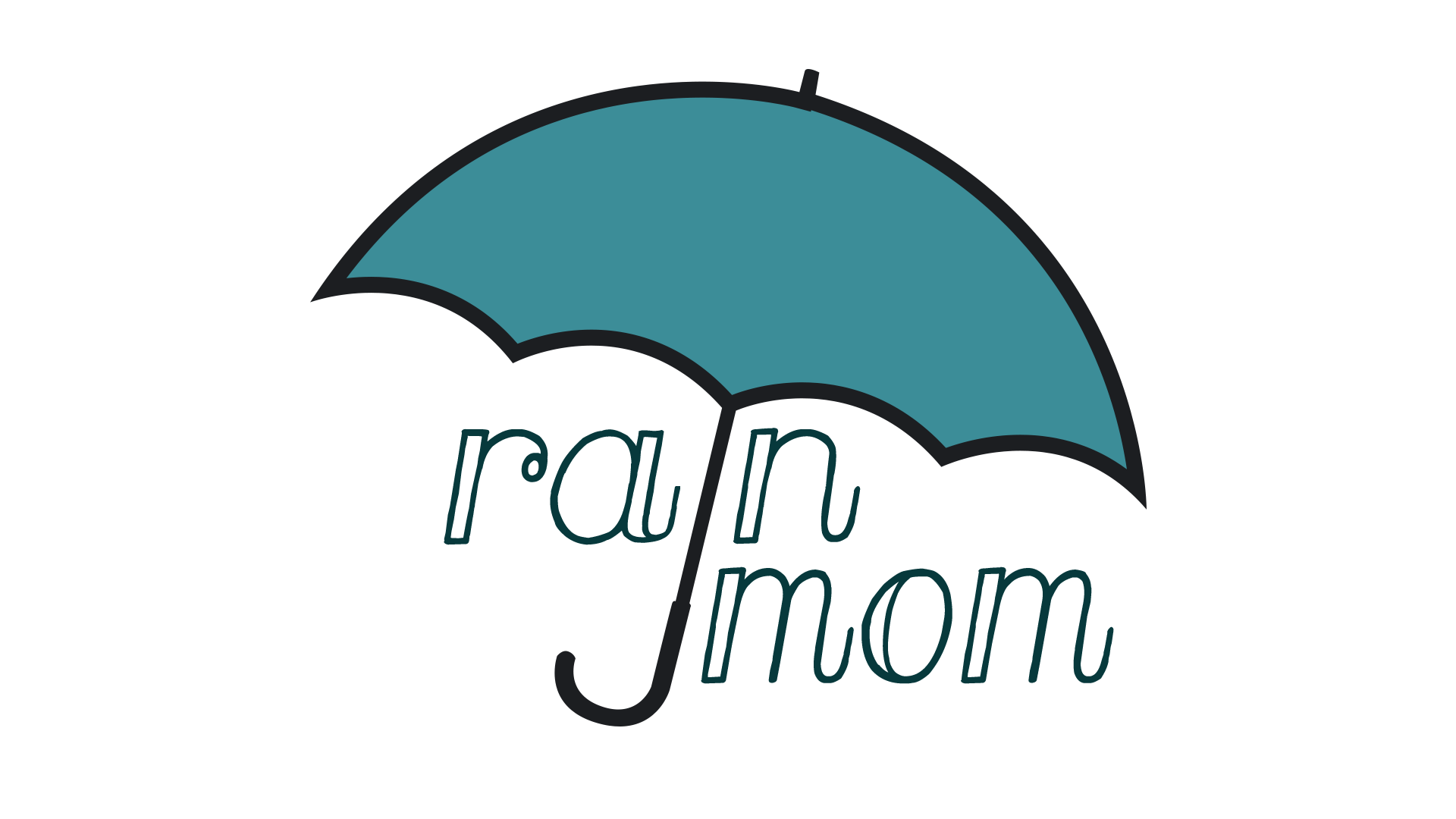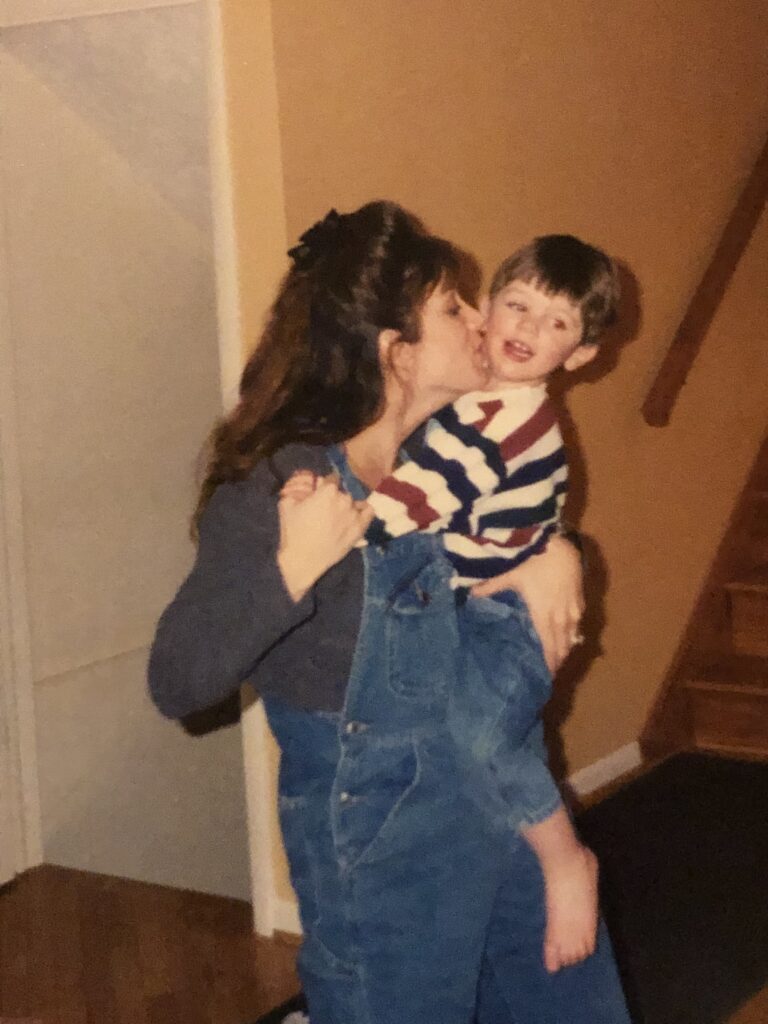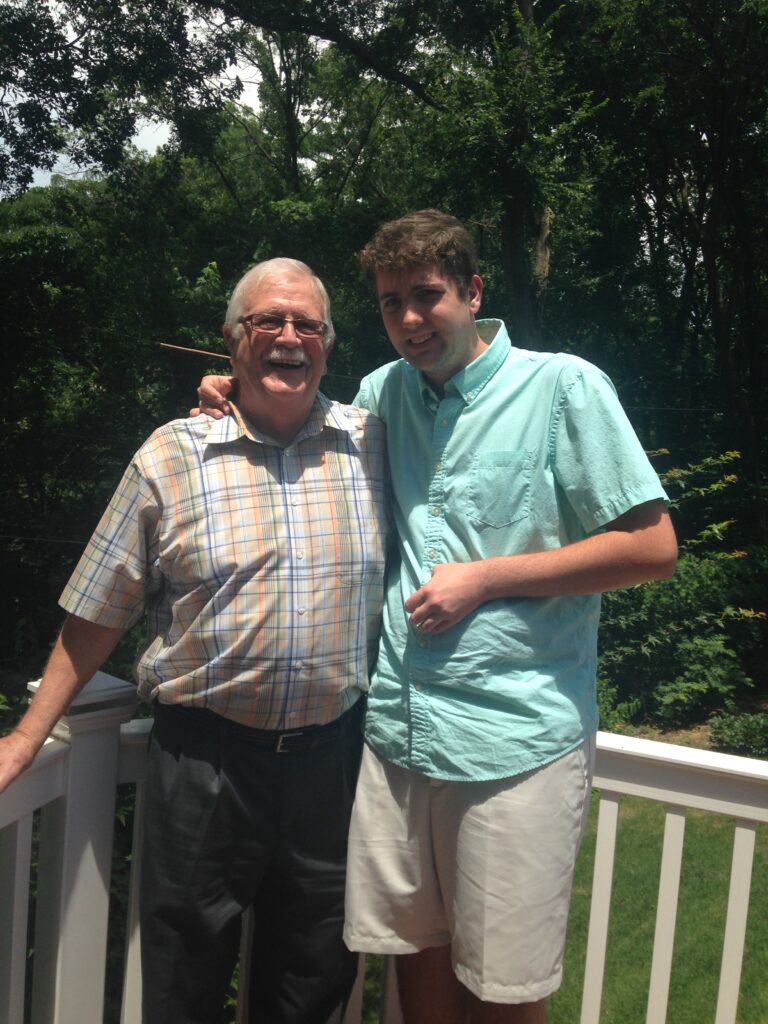
A Helping Hand for Autism
By Kristi | Published | 2 Comments
In the past few months I’ve seen several posts from anguished parents about how their child is being treated by peers. At school, on the playground or bus, even birthday parties. Social situations are extremely challenging for those on the spectrum. And there you are sitting on the sidelines, either watching it happen or hearing it from teachers, other parents or even your own child. It is easy to feel angry, disheartened and frustrated, but those emotions will hold you back. So what’s a parent to do?
Advocate, educate, collaborate, motivate. Bear with me, but those 4 words along with a proactive approach will become the cornerstone of surviving peer pressure both in and out of school. It will not be perfect and you will encounter challenges and resistance along the way, but you can find successful ways to bridge the social gap so to speak. Mine started in elementary school with these 5 words: A Helping Hand for Autism.
While we were blessed with many educators who supported full inclusion and made every effort to support their students, they couldn’t do it alone. One of the mothers at my school who also had a son on the spectrum decided to do something about it. She was a tireless advocate and when her son entered 4th grade she started a peer support group called A Helping Hand For Autism. Her reason for starting the group was to educate her son’s peers about autism and to collaborate with them to help spread acceptance, awareness and inclusion. They would meet monthly and she would have some topic regarding autism to discuss, often ones that the students had asked her about. She planned movie nights, pizza parties, pool parties, etc., and even had one of the students in the group design t-shirts donning the acronym AHHFA, as it became known for short. Before becoming a member, students were asked to write an essay about autism and why they wanted to join.
I loved what she was doing and wondered how I could do the same for Jonathan and his peers. So we met and talked about our hopes and dreams not only for our own sons but for every child to be respected, valued and included. With a common goal we decided to team up and broaden our reach to teachers, administrators, support staff and other parents to strengthen our cause. Funny thing, they weren’t hard to find and with their support we were empowered to see where AHHFA would take us. Moving full steam ahead we set our sights on the first AHHFA walk for autism. It was a huge success, bigger than we ever dreamed, with a bus full of AHHFA students rallying for autism awareness. Not to mention parents, siblings, teachers, friends and neighbors joining us in support. Those are the moments I hold in my heart with such gratitude and love.
With her son moving onto middle school, my friend took AHHFA to meet new challenges and experiences. With Jonathan now in 4th grade, I took over the elementary division and continued to recruit parents and students. Many of Jonathan’s classmates joined to advocate for autism as well as Jonathan himself. I honestly believe the level of inclusion wouldn’t have been nearly as successful if not for this group. I watched it happen time and time again, whether peers were helping Jonathan or other students who struggled. It empowered them to be leaders and advocates and they rose to every challenge.
Shortly after Jonathan transitioned to middle school my friend was elected to the school board. She passed the torch to me to lead the middle school faction, but even with her busy schedule, she was never too busy for our passion and project. I took over the next 3 years of AHHFA at middle school, recruiting more help from other parents and teachers along the way. While our numbers were not as high as in elementary school, this group was just as strong in their allegiance and support.
That became evident one day during one of our meetings. We had just finished and I was collecting my belongings. Jonathan had gone to lunch with several of his AHHFA friends. I recall looking in and there he sat with a big grin on his face as one of his friends was chatting away. The fact that Jonathan had limited language never seemed to phase his friends, in fact, they did most of the talking and he was content to listen. Just as I was heading out, two students from our club came running up to me, clearly upset. A student had told Jonathan to pour his milk on his head, and being the compliant person he is, he did, then stood there confused as to what had just occurred. To my knowledge, this was the first time he had encountered someone being unkind and his friends did not take it well. Two had the student pinned against a locker while another went in search of the principal.
Remember those emotions I mentioned earlier? Well, anger and hurt jumped right in. But Jonathan needed me, so after I cleaned him up and he headed back to his class, I went to find out why. The principal was speaking to the student and when he turned and saw me, shook his head and proceeded to ask the student if he knew who I was. When he responded with a ‘No’, the principal said, ‘This is Jonathan’s mother and I think she would like to speak with you’. He looked scared, and my guess is that the look on my face was intimidating to say the least. But in this moment I reminded myself I needed to be an advocate, an educator and a motivator as well as a mom and anger would not serve me.
I simply looked at him and asked, ‘Why? What has Jonathan ever done to you?’
He burst into tears—not the response I expected— but it gave me my in.
‘Imagine how Jonathan felt when you treated him with unkindness and disrespect?’
The young man’s face said it all. We had quite a conversation not only about the incident and why, but about respect, kindness and caring for those who are different. At the end of our talk, he asked if he could join AHHFA. Once again, the question from me was ‘Why?’ His reply was that he looked up to Jonathan and the group. He knew what he did was wrong and his attempt to get attention was a blatant failure, especially given the reaction and response from Jonathan’s friends. I told him if he could lead by example and be kind and caring, educate others about autism or anyone who appears different and support them along the way, then he would make a fine addition. He went onto be one of our strongest members—even through high school.
Speaking of high school, this is where collaboration took the forefront. As AHHFA became known as Peer Partners in high school, my ability to stay active in the group was limited due to other obligations at home. Several staff members took it upon themselves to keep the group going. While there was still parent support, these amazing teachers organized yearly trips to Brewers baseball games, social groups and coordinated with another high school who also started a Peer Partners group as well. Every year they would have a dance celebrating inclusion and supporting social opportunities for all. Jonathan loved these outings and those staff members who tirelessly gave of their time, attention and caring.
So what is the take away? It’s one we already know and practice probably on a daily basis. Advocate, educate, collaborate and motivate change. Sitting on the sidelines changes very little. Get in the game, start a social group, have peer play dates, ride the bus, meet with teachers and admin and reach out to other parents. Instead of focusing on people who don’t care and don’t want to support you or others, concentrate on those who do. Trust me, they are out there and more than willing to help you and be a part of supporting others. Be creative, utilize activities, games or movies that your child likes and reach out to their peers.
Demystify autism, instead make it inspiring, fun, even fascinating. Talk up autism. Whether in a classroom visit, one on one or wherever the opportunity presents itself. Be a part of the change you wish to see and help others embrace your child for the wonderful person they are and will always be. Don’t allow the word autism to be the only word to define anyone. Each person with autism is so much more than just that one word, but it’s up to us to educate those who meet our loved ones along the way.
While life with autism can be challenging, it’s important to remember all of us can benefit from a helping hand every now and then.
2 Responses
Leave a Reply






I’m not sure how I happened across this post, but I was one of the founding members of AHHFA I believe in 2004 or 2005 when I was in 4th/5th grade. I stayed in the group for several years until I moved out of state. It’s great to hear what a positive impact it had on Jonathan and hopefully many others. Thanks for sharing your story. Best to you and Jonathan.
Thanks Nawal for reaching out. AHHFA had such a profound affect on many and I’m so grateful to all of the students like you who were so incredibly kind and supportive! Beth Moss started Peer Partners as the AHHFA equivalent in high school and to this day a wonderful mom and teacher Marie Stangel has kept it going for over a decade.